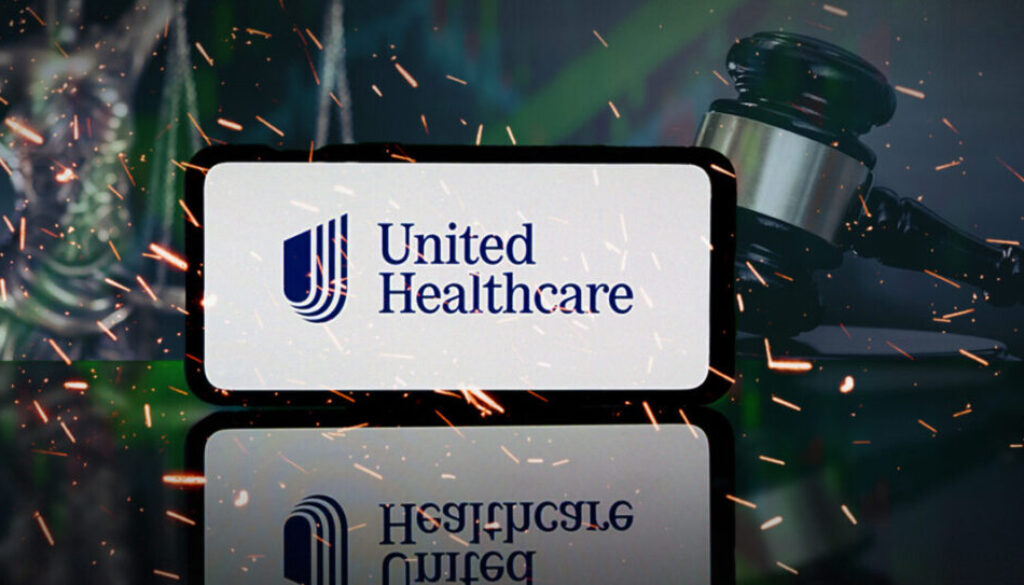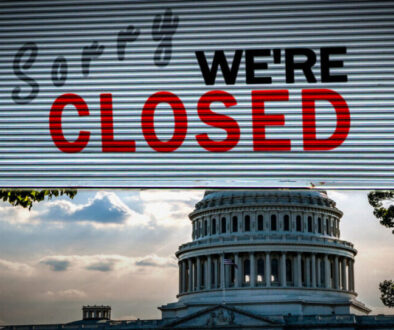UnitedHealth execs deny securities fraud, blame ‘parroted bad news’

Accusing unhappy shareholders of compiling “scattershot allegations” from various newspaper reports, UnitedHealth Group executives denied securities fraud Tuesday and asked a Minnesota court to dismiss a wide-ranging lawsuit.
The California Public Employees’ Retirement System, the largest public pension fund in the United States, is the lead plaintiff in the lawsuit, which has been amended several times and checks in at 208 pages.
Plaintiffs allege that UHG executives caused stock prices to dive by withholding damaging information.
“Not one of Plaintiff’s accusations identifies a single specific, actionable misrepresentation that defrauded UnitedHealth shareholders,” defendants say in a memo to the court. “It is black-letter law that a decline in a company’s stock price following a negative event – including after purported misconduct is revealed – does not alone constitute securities fraud.”
Initially filed in May 2024, plaintiffs continue to amend the lawsuit to reflect new UHG controversies. The latest amended complaint covers anyone who purchased UnitedHealth common stock between Sept. 22, 2021, and July 28, 2025, the lawsuit stated.
It makes five general allegations of securities fraud:
- In Medicare Advantage billing
- The alleged absence of firewalls to prevent the sharing of competitor data following UHG’s acquisition of Change Healthcare
- Other alleged anti-competitive conduct
- Alleged improper efforts to reduce nursing home hospitalizations
- So-called “portfolio refinement” transactions.
The core claims
Criticism of UHG’s Medicare Advantage billing forms the core of the complaint. Allegations of questionable MA billing practices were detailed in separate investigative reporting projects last year by the Wall Street Journal and the online publication STAT.
The Wall Street Journal published claims that UHG’s “HouseCalls” program was being used to generate additional diagnosis codes, which could lead to increased MA payments. UnitedHealth strongly denies the allegations.
“Plaintiff does not contend that these HouseCalls provided no value to seniors or never resulted in legitimate diagnoses,” UHG said in its memo. “Plaintiff relies on cherry-picked allegations from press reports about these visits and a Department of Justice civil investigation into those allegations. Such thin allegations do not state a claim for securities fraud.”
Plaintiffs also point to the acquisition of Change Healthcare, a deal valued at $13 billion, as the start of problems that UnitedHealth allegedly sought to cover up. Change operated a clearinghouse, processing health insurance claims and moving data from entity to entity.
According to a UnitedHealth estimate, more than half of American medical insurance claims “pass through (or touch)” Change’s systems.
On Feb. 24, 2022, the Department of Justice sued to block the Change acquisition on antitrust grounds, arguing UnitedHealth would gain access to sensitive data that it could wield against its competitors. UnitedHealth prevailed, and the Change acquisition was finalized.
Soaring share prices
Throughout the dispute, UnitedHealth executives insisted that the company had “internal firewalls that prevent the sharing of competitively sensitive information across business units,” plaintiffs say.
Shares soared from about $350 per share when the Change acquisition was announced to more than $500 per share in February 2024, when Change networks fell victim to a systemwide cyberattack.
When the Wall Street Journal exposed the investigation in a Feb. 27, 2024, article, the price of UnitedHealth stock declined by over $27 per share, falling from $525.32 per share on Feb. 26, 2024, to $498.28 on Feb. 28, 2024, the lawsuit notes.
However, UHG executives knew something that the shareholders didn’t, plaintiffs say. On Oct. 10, 2023, UnitedHealth received notice that the DOJ had launched a “non-public antitrust investigation into the company,” the lawsuit states.
Plaintiffs allege that returning CEO Stephen J. Hemsley, former CEO Andrew Witty sold UHG shares before the investigation became public.
“That UnitedHealth’s then-CEO (Andrew Witty) and its Board Chairman (Stephen Hemsley) sold 13% and 7% of their stock, respectively, before the Change trial has no bearing on scienter for securities fraud,” the UHG memo said. “If anything, that … Witty and Hemsley sold those shares before the trial undermines any allegation that they intended to profit by improperly using competitor data after acquiring Change.”
The California Public Employees Retirement System sued UnitedHealth Group nearly 20 years ago, amidst allegations that Dr. William McGuire, the CEO at the time, wrongly realized enormous personal wealth via “backdated” stock options.
CalPERS current lawsuit continues to name Brian Thompson, the UnitedHealthcare CEO who was killed on a New York City sidewalk in December while walking to a company investor conference, as a defendant along with Hemsley and Witty.
It is among several lawsuits in the U.S. District Court for the District of Minnesota that allege UHG committed securities fraud.
© Entire contents copyright 2025 by InsuranceNewsNet.com Inc. All rights reserved. No part of this article may be reprinted without the expressed written consent from InsuranceNewsNet.com.
The post UnitedHealth execs deny securities fraud, blame ‘parroted bad news’ appeared first on Insurance News | InsuranceNewsNet.





